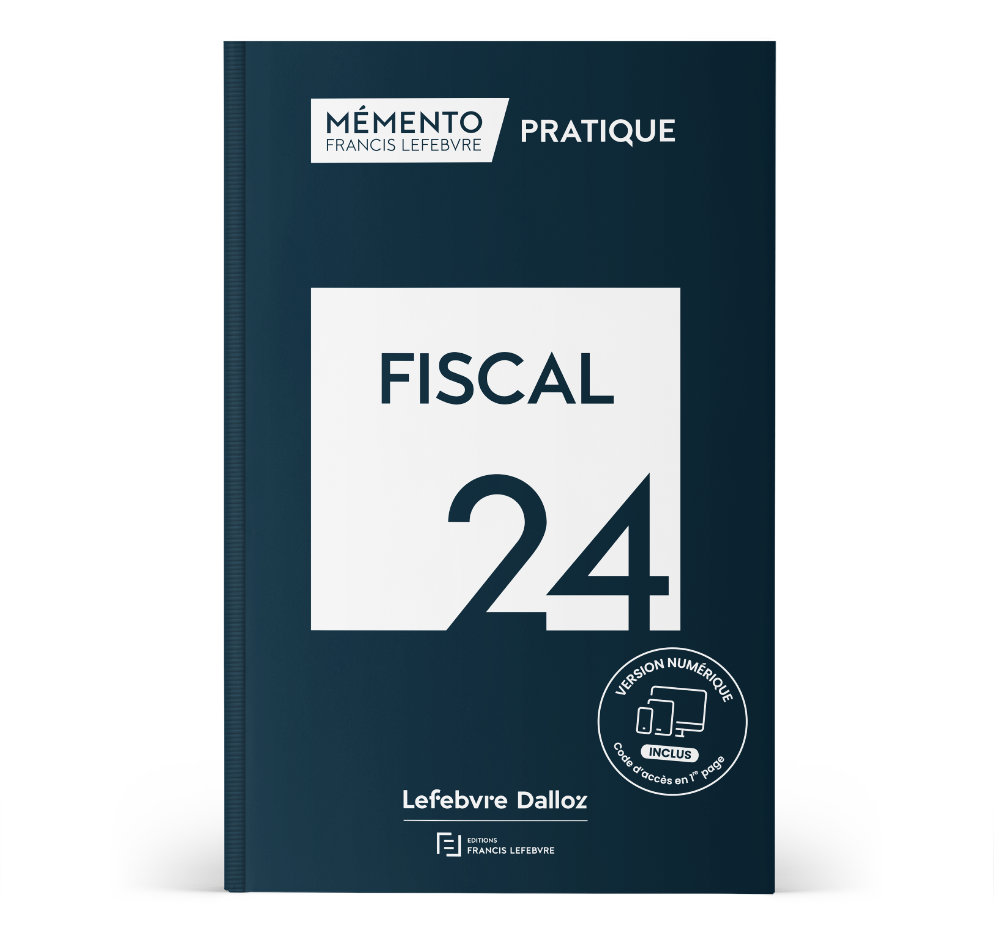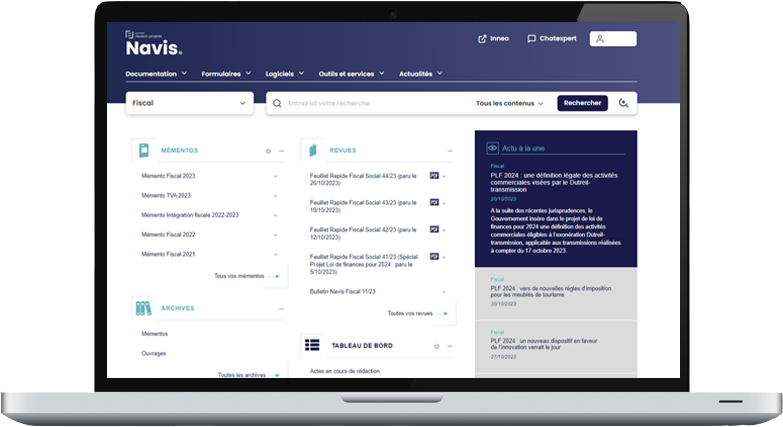After considering more than 100 representations from the business sector, India’s goods and services tax council, the primary decision-making body for the country’s longawaited GST regime, revised rates for nearly 70 items during its latest meeting.
Speaking to the press after the council’s June 11 meeting, Finance Minister Arun Jaitley said that after receiving and considering points of concern from various sectors about 133 items, the council, comprising federal and state ministry officials, decided to lower the rates on 66 of those items. However, a document of revised rates posted on the Central Board of Excise and Customs (CBEC) website on June 11 showed that rates had changed for 69 items.
Under the planned GST regime, which will subsume several federal and state indirect taxes and streamline the country’s complicated indirect tax system, goods and services will be subject to a four-tier structure, with rates of 5, 12, 18, and 28 percent. The destination-based tax would be levied simultaneously by federal and state governments, with the former collecting central GST and the latter collecting state GST on all transactions in a state. For interstate supplies of goods and services, the federal government would levy and collect an integrated GST.
Changes include lowering GST rates from 28 percent to 0 percent on treated human hair; from 12 percent to 5 percent on insulin, unshelled cashew nuts, kites, raisins, and numismatic coins; from 28 percent to 18 percent on baby carriages, computer printers, curry paste, mayonnaise, and dental wax; from 18 percent to 12 percent on notebooks, corrective glasses, spoons, forks, and ketchup; and from 5 percent to 0 percent on all types of salt.
Rough precious and semiprecious stones, previously pegged at 3 percent, will now be rated at 0.25 percent. Several packaged food items, such as chutney and ketchup, were historically subject to an 18 percent rate but will now be reduced to 12 percent because the “common people” use them, according to Jaitley.
There will be two GST categories for movie tickets, with those costing INR 100 or less rated at 18 percent and those costing more than INR 100 rated at 28 percent, Jaitley said.
The council announced further exemptions from the integrated GST, including imports of passenger buses and passenger bus-related consumables, such as spare parts and fuel, and imports of diamonds for certification, grading, and re-exportation, according to a document posted on the CBEC website on June 11.
Indian officials revised the threshold turnover limit for the composition levy for central GST and state GST purposes to INR 7.5 million. Another document posted on the CBEC website on June 11 said that under composition levy rules contained in the Central Goods and Services Tax Act, 2017, an eligible registered person with an aggregate turnover in the prior year of less than INR 5 million can pay GST in one of three ways: at the rate of 1 percent of turnover if the taxpayer is a manufacturer, at the rate of 2.5 percent of turnover if the taxpayer makes supplies as outlined in paragraph 6(b) of Schedule II to the act, or at the rate of 0.5 percent of turnover in all other supplier cases.
The revisions come shortly after the council had agreed on rates for all goods and services under the new GST system and after Prime Minister Narendra Modi said he would review the regime. The changes also come less than three weeks before the GST regime is set to roll out nationwide by July 1.
By Stephanie SOONG JOHNSTON
Cette information est extraite de notre service d'actualité taxnotes






